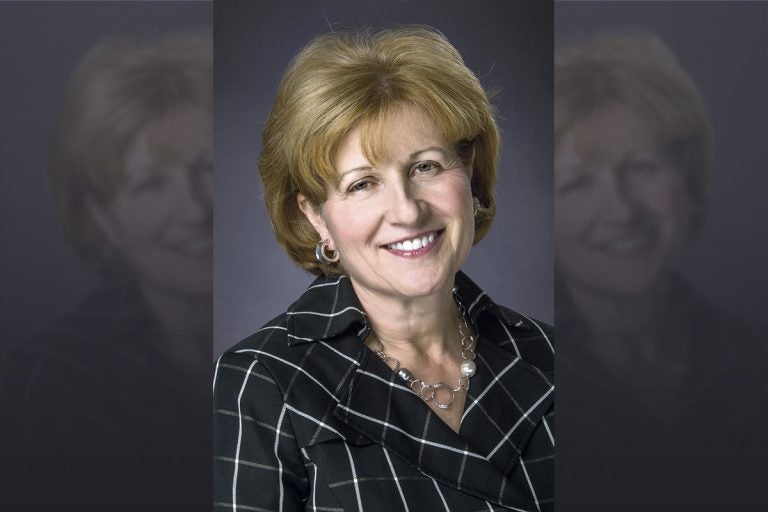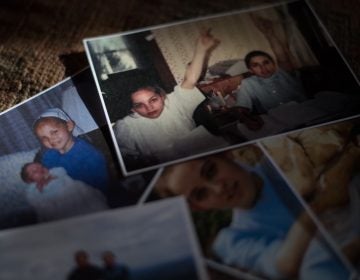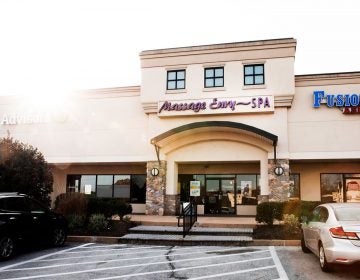Pa. lawmakers battle sexual misconduct with bill to ban settlement secrecy
Pa. Sen. Judy Schwank, D-Reading, has introduced a bill to ban nondisclosure agreements in sexual misconduct settlements.

Pa. State Sen. Judy Schwank (photo via Sen. Schwank website)
It seems like every day, a new story surfaces about someone who has been able to sexually harass women for years — decades even. Often they keep it hidden by paying their accusers to stay silent.
One Pennsylvania lawmaker aims to change that.
State Sen. Judy Schwank, D-Reading, has introduced a bill to ban nondisclosure agreements in sexual misconduct settlements.
The agreements, known as NDAs, enable abusers to jump from job to job — and victimize more people — by keeping their abusive histories a secret. Such agreements were in place in many recent high-profile sexual misconduct cases, including entertainer Bill Cosby, Fox News host Bill O’Reilly, Hollywood producer Harvey Weinstein, and 2011 GOP presidential nominee Herman Cain.
“The NDA lets a perpetrator continue the evil they’re doing. They are protected by a cone of silence [because] they pay off the problem,” Schwank said. “If a victim decides that they really do need to step forward and want to speak about it, they can actually be sued themselves for breaking the agreement.”
Under Schwank’s bill, abusers would no longer be able to remain anonymous — although victims could retain their anonymity, and the settlement amount could stay confidential. The legislation also forbids employers and accusers from destroying evidence of sexual harassment. Similar bills are under consideration in New Jersey, New York, and California.
“I know this doesn’t fix everything. Believe me, I know that,” Schwank said. “But it’s a start — and a significant one.”
Seven Philadelphia-area senators, all Democrats, have signed on as co-sponsors, including Larry Farnese, Art Haywood, Vincent Hughes, Daylin Leach, Sharif Street, Christine Tartaglione, and Anthony Williams.
The Pennsylvania Coalition Against Rape and similar groups support the bill, which Schwank introduced last Wednesday.
“This [NDA] ends up being another tool that the person in power gets to use as leverage: ‘We’ll agree to settle as long as you agree to keep it a secret,’ ” said Kristen Houser, a coalition spokeswoman. “What we’ve been seeing is that when we (victims) do that, we’re adding to the culture of silence. And that is something that people who behave this way count on to protect their reputations — and to continue behaving badly without being held accountable for it.”
For Schwank, the issue is also a personal one.
“I’ve been working probably since I was 15 at real jobs, not just baby-sitting. And I’m 66 now. I’ve probably forgotten more incidents of real sexual harassment that I’ve experienced than I can recall,” Schwank said. “It’s just part of my life. For women of my generation, I think all of us have experienced this. We just kind of accepted it.”
“But I see now younger women [are] less afraid to talk about this, and less willing to tolerate it,” she said. “And that’s what the real tipping point is: When women are not afraid to speak up, even at perhaps danger of losing their own job, when enough of them are willing to stand up and say: ‘This is happening to me, and it shouldn’t. It shouldn’t happen in school, in my workplace, in my religious institution, whatever it may be.’ That’s what it’s really going to take to make the real difference here.”
Schwank says she plans to brainstorm with the bipartisan Women’s Health Caucus, which she co-chairs, on other ways to further battle sexual harassment.
WHYY is your source for fact-based, in-depth journalism and information. As a nonprofit organization, we rely on financial support from readers like you. Please give today.




